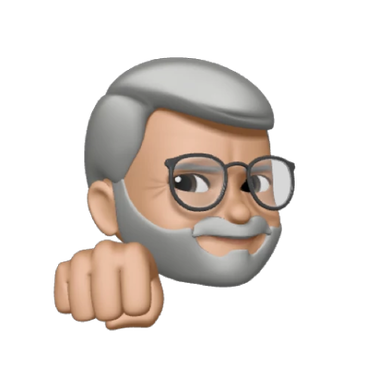Book Review: Life after Google by George Gilder
> *'Under the leadership of Larry Page and Sergey Brin, Google developed the integrated philosophy that currently shapes our lives and fortunes, combining a theory of knowledge (nicknamed “Big Data”), a technological vision (centralized cloud computing), a cult of the commons (rooted in “open source” software), a concept of money and value (based on free goods and automated advertising), a theory of morality as “gifts” rather than profits, and a view of progress as evolutionary inevitability and an ever diminishing “carbon footprint.”'*
George Gilder, previously of the Life after Television fame, is angry. He is angry at the way things are going around the world. He is angry about the economic system that took hold in the last decades. He is angry about what has become of the American technology industry. He sees a common thread linking all these problems and does a wonderful job of linking them together in a book full of analyses, insights, and forecasts about the future.
Gilder begins Life after Google by giving us a view of how the economy functioned for centuries when it was based on gold—a chemically-irreversible metal whose value has always been a function of the time required to extract it. Then, he pans over to today, where gross world product stands at $78 trillion with global debt at $257 trillion, with currency trading 73X more voluminous than the commercial trade in goods and services, and oil-futures and real estate derivatives dominating the economy news. Gilder laments America's transformation from a superpower energized by heavy industry and high-tech hardware to a fiefdom of financial institutions gambling on fiat money and tech firms like Google, Amazon, Meta, and Apple that want to control everything in the pursuit of big data. He describes the incumbent world order as such:
> *'Birthed in the fogs of Stanford, hosted in the clouds of Google, and aiming at superhuman artificial intelligence, that system exalts academic honors, all-purpose Turing machines, software supremacy, open-source modularity, and secret-sauce integration.'*
According to the author, this world order is faulty by design because it gives away services free of charge and thus has no customers. Due to that lack of customers, it is not guided by market signals. Giant data centers digging into petabytes of data to find the most suitable ads for internet users is no way of creating real wealth, Gilder states. Wealth is to be created by creativity and tested knowledge, of which there is none in the Google system.
American industry is completely destroyed in the eyes of Gilder, and so is the American academia: Full of people flaunting degrees and titles, advocating reactionary causes, and virtue signaling without producing anything meaningful. However, not all hope is lost. Organizations like the 1517 Fund and Peter Thiel's Thiel Foundation, which support college dropouts who can defy the Silicon Valley norms and think out of the box, keep the hope alive for Gilder. These organizations advocate a science without scientists and back people like Stephen Balaban of Lambda, Austin Russell of Luminar, and Vitalik Buterin of Ethereum. These people give Gilder hope: Creative geniuses in the mold of the great American inventors of old, who are concerned with getting the job done and creating value instead of blending into the existing order.
Gilder believes that trying to predict the future by analyzing the patterns hidden in the past data is not the way to create wealth, either. This is why he argues that investing in artificial intelligence and machine learning will not be the panacea they are made out to be. Gilder's money is on the blockchain-based distributed technologies to save humanity from the grasp of this despotic, power-hungry, and clumsy monster created by the Silicon Valley giants. He expects blockchain to unbundle financial conglomerates into "transactions, loans, crowdfunds and crypto-assets." However, blockchain-based coins like Bitcoin, with a hard cap of 21 million units imposed on it, cannot function as a currency because its value will remain artificially high compared to gold, whose amount increases at 1.6 percent per year. In Gilder's opinion, blockchain-based coins should dump the dream of becoming currencies and focus on offering "security, identity, and trust," just like Muneeb Ali's Blockstack.
Life after Google is a frontal assault on the big tech companies best epitomized by Google. These companies love to monopolize and feast on our private data while failing to protect it. They funnel money into their coffers through a "porous, perforated internet stack," accumulating power in their hands and imposing their own version of morality on society. As he reckons with Google et al., Gilder delves deep into the history of information theory and weaves a thread linking Kurt Gödel, Andrey Markov, Clause Shannon, and Alan Turing to Larry Page, Sergey Brin, Urs Hölzle, Elon Musk, and Tim Cook. These sections can be difficult to grasp for the uninitiated as the author seriously philosophizes on what information science and computing have been and should be. Still, he does a masterful job of putting things into perspective.
Gilder is openly rooting for the unlikely heroes like Vitalik Buterin and Muneeb Ali, who have shown promise in building an alternative to "Big Data." Having read Life after Google, one cannot help but hope that these young Davids find a way to take down Goliath for the sake of all of us.




 Please
fill out this field
Please
fill out this field









